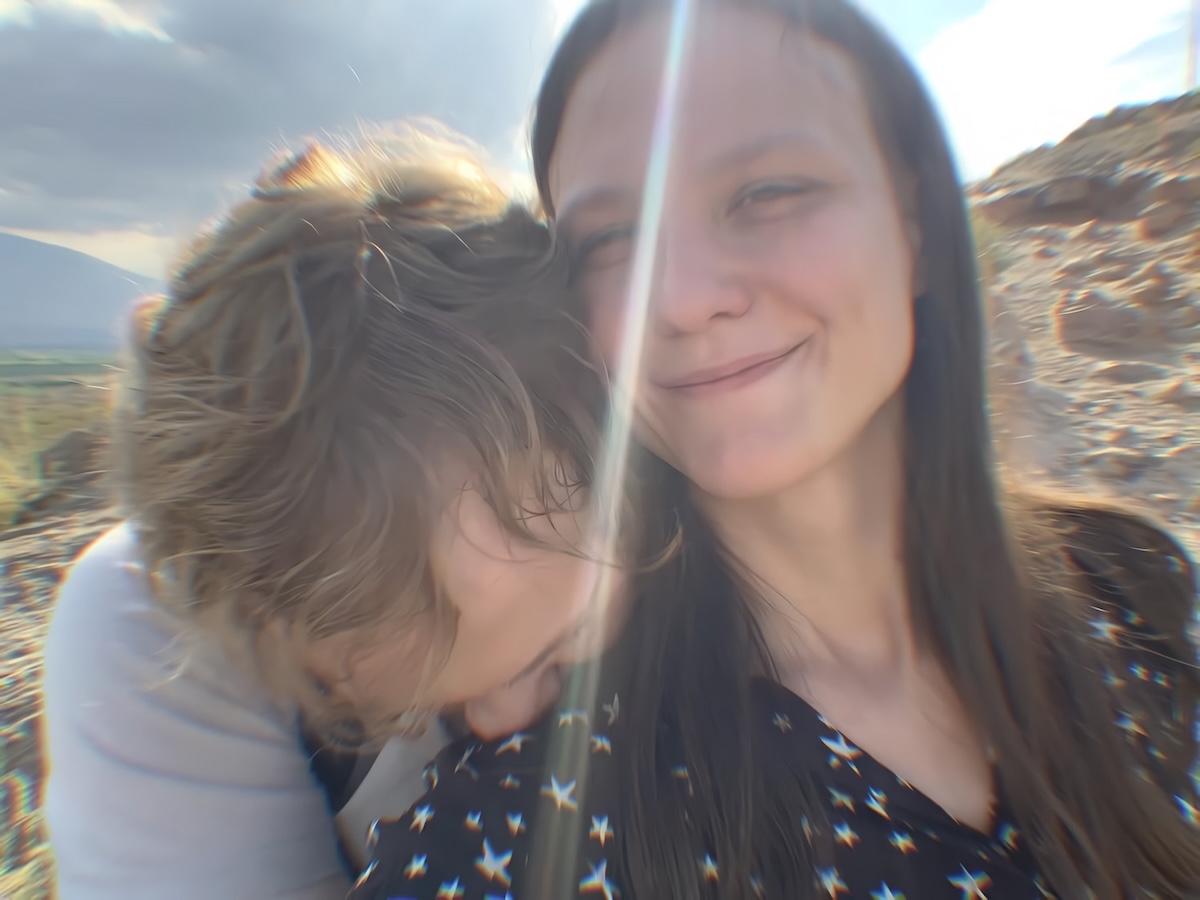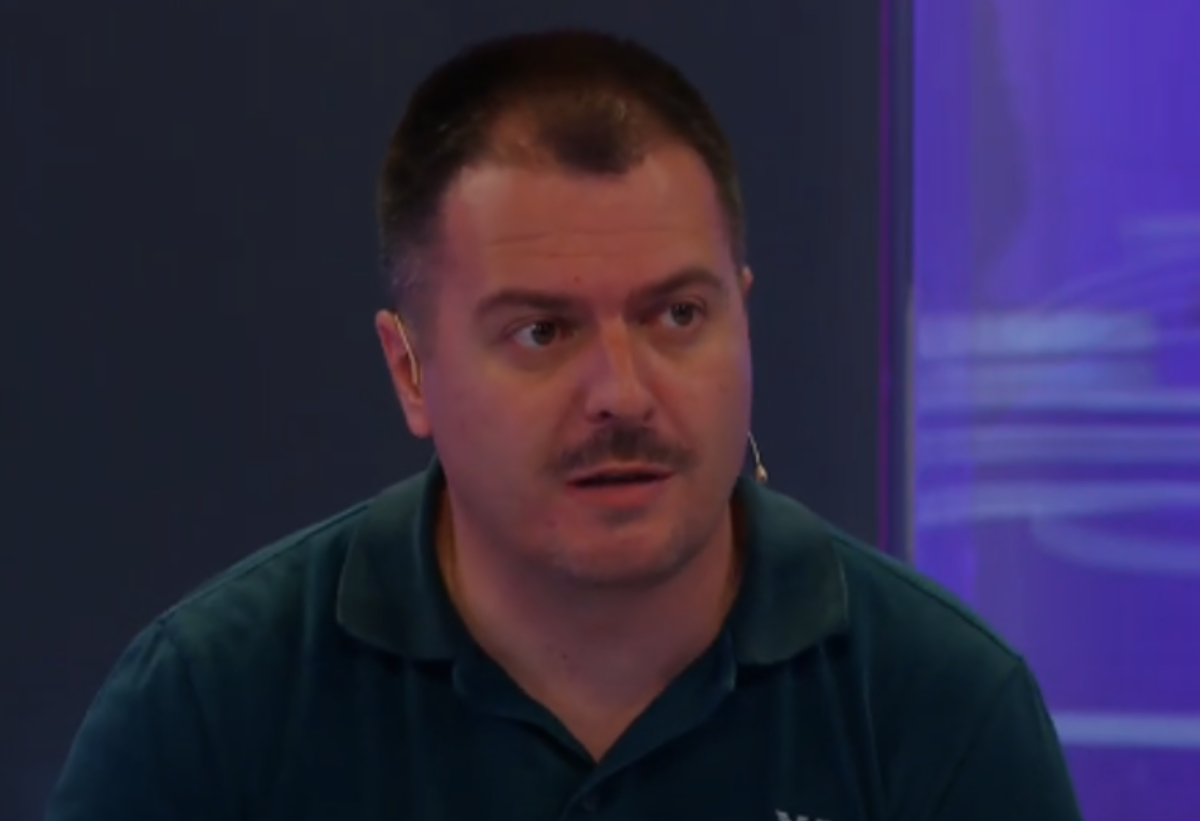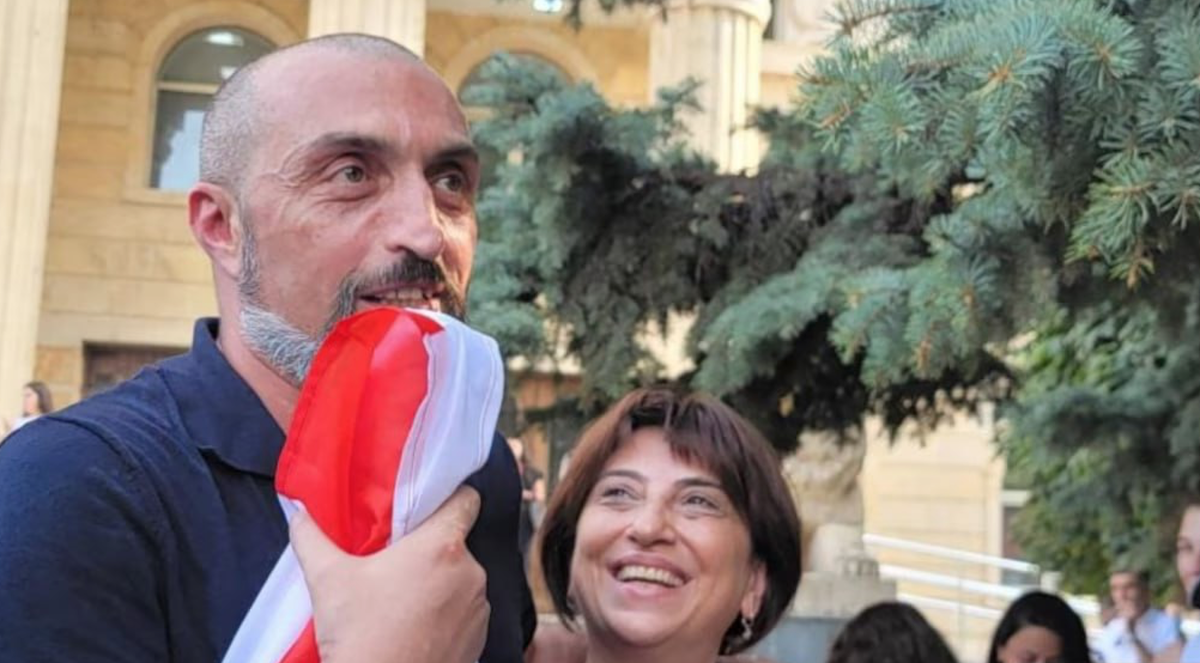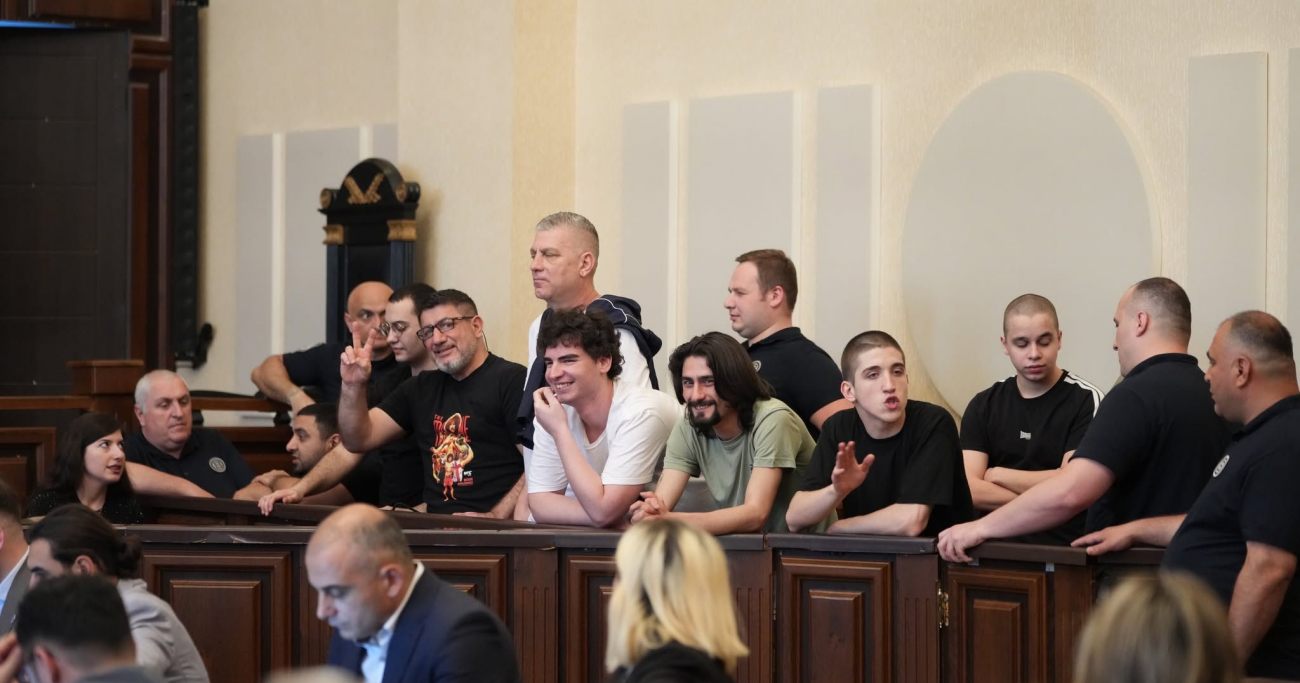NGO: 'Georgian Dream has flattered Putin by sentencing Russian participants in protests in Georgia'
Cases of Russian protesters
Russian citizens Anton Chechin, Anastasia Zinovkina, and Artem Gribul, along with dozens of other protest participants in Georgia, have fallen victim to a justice system captured by Bidzina Ivanishvili, according to a statement from several Georgian NGOs.
According to the statement’s authors, in reviewing these cases the judges relied “solely on the testimonies of police officers and translators, whose impartiality was questioned by the defence, as the translator recruitment bureau was financially linked to the Georgian Ministry of Internal Affairs, and the translators themselves had close ties with the police.”
Anton Chechin, while living in Russia, participated in anti-Putin protests, including demonstrations against the war in Ukraine, and was a supporter of Alexei Navalny — the Russian opposition figure and political prisoner who died in custody.
In Russia, Chechin was repeatedly arrested for taking part in protests, and the European Court of Human Rights found his rights had been violated, ordering the Russian Federation to pay him compensation.
Anastasia Zinovkina and Artem Gribulia are also opponents of the Putin regime and Russia’s aggressive war in Ukraine.
What NGOs’ statement says
The verdicts of the Tbilisi City Court, under which participants in pro-European demonstrations — Russian citizens Anton Chechin, Anastasia Zinovkina, and Artem Gribul — were sentenced to 8.5 years in prison on charges of “acquiring and possessing” narcotics, are a clear manifestation of Russian influence and politicised justice.
The Russian citizens in Georgia have also become victims of a perverted justice system captured by Ivanishvili. Any impartial and objective court would have acquitted the three and released them from the courtroom.
Planting drugs is a long-standing harmful administrative practice that has deeply taken root in the Ministry of Internal Affairs over decades. This practice is reflected in seven cases that were brought before the European Court of Human Rights, in which the Strasbourg court found Georgia to have violated various articles of the European Convention.
In Anton Chechin’s case, Judge Jvebe Nachkebia, and in the cases of Anastasia Zinovkina and Artem Gribul, Judge Nino Galustashvili disregarded the standards set by the European Court of Human Rights and the Constitutional Court of Georgia.
- They relied exclusively on the testimonies of police officers and translators, whose impartiality was questioned by the defence, as the translator recruitment bureau was financially linked to the Georgian Ministry of Internal Affairs, and the translators themselves had close ties with the police. Furthermore, the court ignored Chechin’s statement that the translator arrived at the scene 15 minutes after his detention.
- The judges uncritically accepted the police officers’ explanation that “video recording was impossible.” In reality, it was possible, but the officers, following a widespread harmful practice, deliberately avoided filming.
- The translator became the sole distinguishing figure in the cases of the Georgian and Russian defendants — his testimony formed the basis of the conviction.
The overall conclusion: Russian citizens Chechin, Zinovkina, and Gribul, along with dozens of other protest participants, have become victims of a justice system captured by Ivanishvili. Their convictions violate both the decisions of the Constitutional Court and the principles of fair trial and equality before the law.
Accordingly, there are reasonable suspicions that by convicting Chechin, Zinovkina, and Gribul, the pro-Russian Georgian regime has once again flattered the Putin government or acted on orders from Moscow.
There has also been no response to the reported ill-treatment — both during the investigation and the trial. Anton Chechin stated that police officers used physical violence against him during his detention and search, as well as after he was taken to the police station.
Anton Chechin is seriously ill. He has a brain tumour of unknown origin that requires surgery. However, the Georgian state has so far failed to take adequate measures.
Anastasia Zinovkina testified in court that during a search, police officer Irakli Mukhatgverdeli touched her body with his hands, which Zinovkina said “did not constitute a search,” and that Mukhatgverdeli also threatened to rape her. Artem Gribul was also threatened with physical violence during his detention.
According to Zinovkina, she was subjected to inhumane treatment by prison staff. In response, Artem Gribul went on a hunger strike.
No adequate response has been provided by the relevant authorities to any of these claims.
Cases of Russian protesters






















